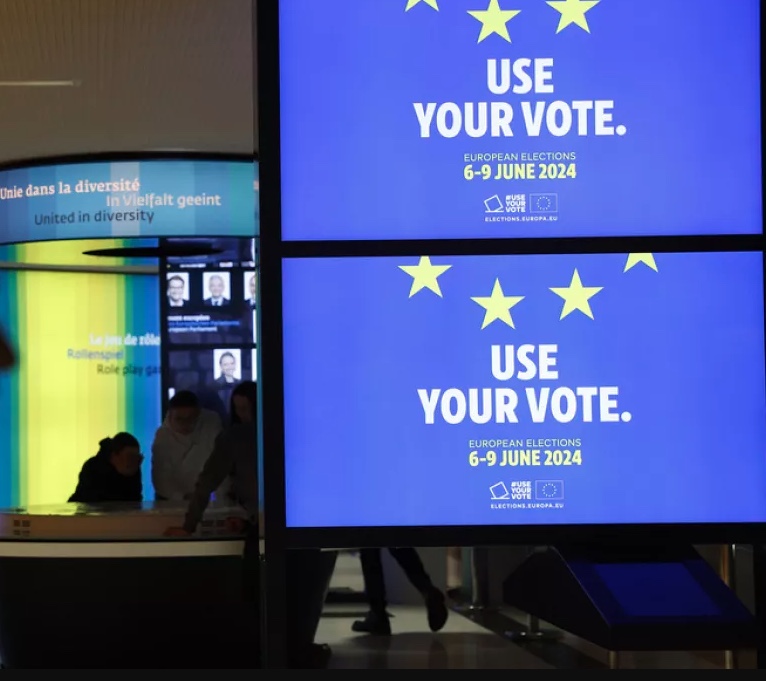The 2024 European elections (Eu elections) represent a crucial moment for the European Union and could have a significant impact on the role of startups. European election parties and candidates could propose specific policies to support startups. This could include the allocation of funds for innovation, simplified access to funding and acceleration programs. Decisions made at the European level regarding the regulation of technology and innovation will have a direct impact on startups. For instance, policies on data privacy, intellectual property protection and digital taxation could change the way startups operate. European elections could promote greater collaboration between start-ups from different member states. This could facilitate the exchange of knowledge, resources, and business opportunities.
Digitization and emerging technologies
Candidates could discuss the adoption of emerging technologies such as artificial intelligence, blockchain and the Internet of Things. This could open new opportunities for startups operating in these areas. Policies on employment, training and labour mobility will also affect startups. For instance, policies that facilitate the mobility of talent could foster the growth of startups. The European elections offer an opportunity to shape a startup-friendly environment. It is important that entrepreneurs and innovators closely follow the debates and actively participate in the democratic process to ensure that their voices are heard and that future policies are in their favour. Furthermore, initiatives such as ‘Use Your Vote’ are engaging younger voters, including students, to promote active participation in European elections and reflect the aspirations of the younger generation.

Challenges to face
Startups in Europe face several challenges as they try to grow and thrive in the competitive innovation landscape. One example is the need to obtain initial funding, which is often difficult for startups. Lack of capital, complex funding procedures and limited access to funds can hinder growth. Start-ups then must navigate through a series of regulations and laws, both at the national and European levels. This can require significant resources and slow down the development process. But they also have to compete with companies from all over the world. Globalization and the presence of technology giants make competition more intense. Finding and retaining qualified talent is a constant challenge.
Startups often struggle to attract highly qualified professionals, especially in artificial intelligence and cybersecurity areas. Europe is made up of several countries with different languages, cultures, and markets. This makes it difficult for startups to expand across the EU. Not all European countries have advanced digital infrastructure. Connectivity, broadband and access to emerging technologies can vary greatly from one country to another. Unlike Silicon Valley, Europe could benefit from a greater support network for startups, such as accelerators, mentorships, and partnerships with large companies.
There are examples to follow
The best news for a virtuous path in 2024, then, is that an ever more extensive and collaborative network of startup founders is isolating the worst investors, those who for years have garrisoned the Italian ecosystem by doing small-scale private equity but calling it venture investing, and taking control of the startups they invest in and turning the founders into their employees to be subjected to early exits or a zombie existence within portfolios devoted to therapeutic treatment. These gentlemen are beginning to run out of counterparts because the startups either don’t ask them at all or get up from the table as soon as an unacceptable proposal arrives.
Startup Europe has seen numerous successes in its efforts to build a strong ecosystem for startups in Europe. Here are some interesting examples. The Avvio3 project selected five top startups from 250 applicants to participate in a one-year acceleration program. These startups developed innovative technologies to address key challenges, such as artificial intelligence for med-tech, IoT and AI for a sustainable food environment, IoT for Industry 4.0, virtual reality for the metaverse environment and artificial intelligence for safe and smart buildings.
Altogether, these startups have launched more than 15 products on the market and raised EUR 2.6 million, including almost EUR 1 million in private funding. In addition to the startups funded by European projects, there are many other success stories. For instance, GoCardless, a London-based fintech startup, provides UK SMEs with a platform for managing direct debit payments. Honest Dollar, a pension startup, was acquired by Goldman Sachs. These are just a few examples, but they show that Europe is fertile ground for innovation and startup success, especially in an EU election year.



